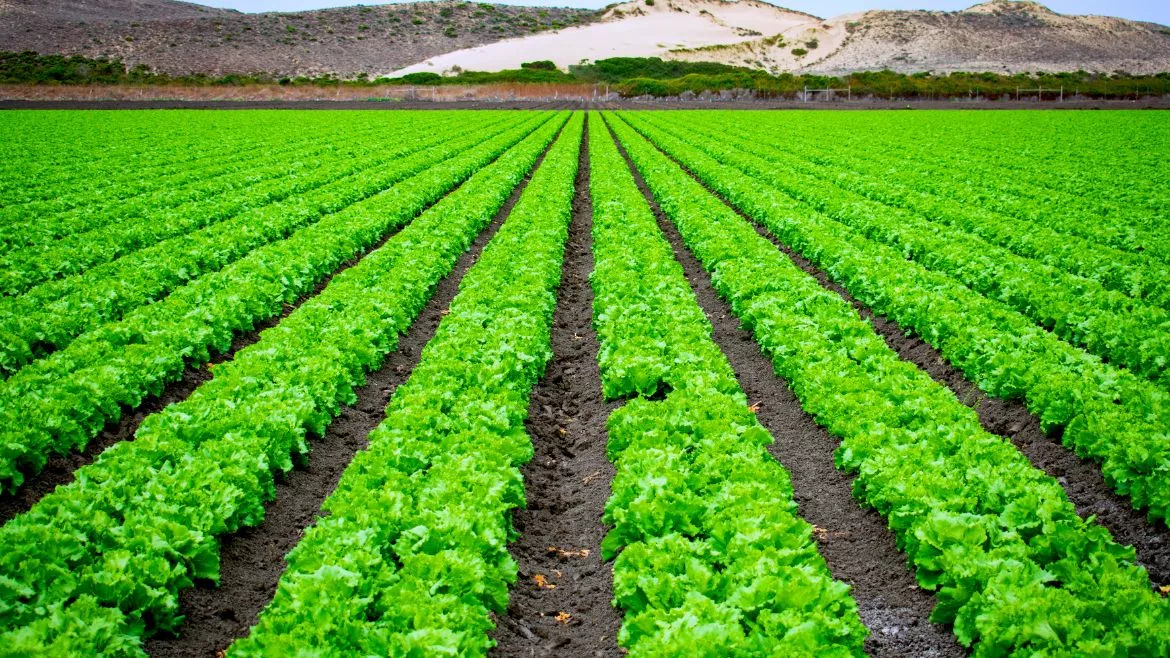News
The U.S. Farm Bill is Stalled Again, According to Agriculture Committee Chairwoman

The ongoing debate over the U.S. farm bill has reached a standstill as partisanship deepens, particularly around issues like SNAP funding and climate change measures. Senate Agriculture Committee Chairwoman Debbie Stabenow recently expressed her frustration with the impasse, highlighting that progress has been stalled by disagreements between Republicans and Democrats. While Republicans push for increased crop subsidy spending and looser restrictions on climate funding, Stabenow and her Democratic colleagues are advocating for maintaining climate-focused measures and resisting cuts to SNAP.
During a Zoom call with rural Americans hosted by the Harris-Walz campaign, Stabenow remarked, “This year, we’re stuck because of an increased sense of partisanship and a desire by Republicans to really, really play politics with food.” She emphasized the need for a bipartisan approach to move forward, citing past successful farm bills that included contributions from Minnesota Governor Tim Walz during his time as a congressman.
Walz, a former House Agriculture Committee member, played a key role in shaping previous farm bills, particularly around land stewardship and support for beginning farmers. His proposals included measures to promote conservation practices and to support new farmers and veterans entering agriculture. These efforts resulted in expanded access to farm education and training, as well as financial incentives for veterans.
However, the current deadlock has raised concerns that partisan stalemates could become the new norm for farm bills. Analysts suggest that the prospects for passing a new farm bill this year are slim, leaving many in the agricultural sector, including drillers and farmers, in uncertainty.
Stabenow and other advocates continue to push for a resolution that balances the needs of the agricultural community with broader social and environmental concerns. As the debate rages on, the impact on farming and related industries remains a critical issue.
As we continue to emphasize at The Driller, the farm bill is crucial not only for farmers but also for those in the drilling industry. The bill’s provisions impact water management, soil conservation, and the overall health of agricultural land—elements directly tied to our industry’s work. With the current deadlock, the uncertainty surrounding these critical issues grows, making it even more important for drillers to stay informed and engaged. The outcome of this legislative impasse could shape the landscape of agricultural drilling and resource management for years to come.
Looking for a reprint of this article?
From high-res PDFs to custom plaques, order your copy today!







